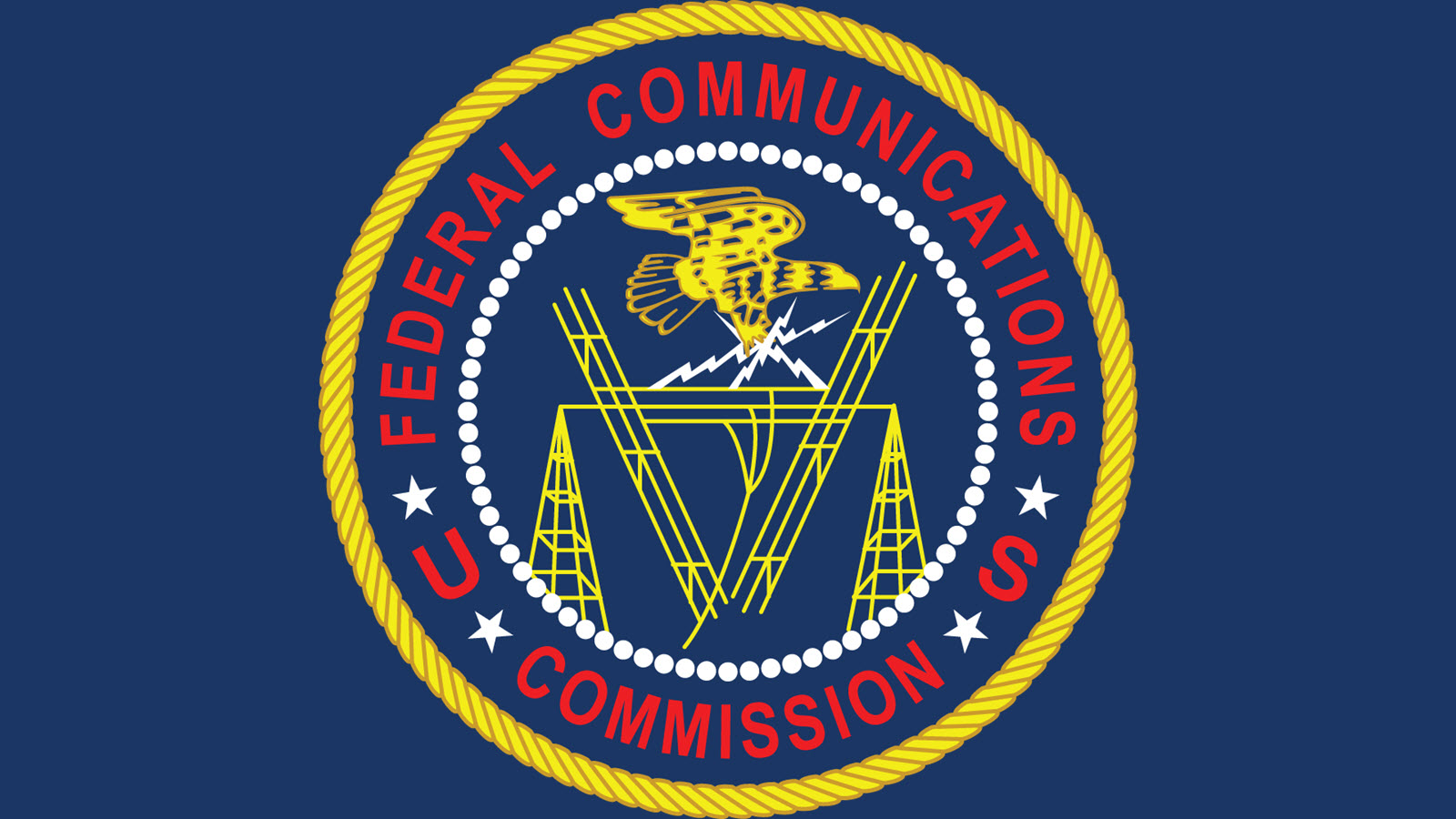FCC Launches Quadrennial Review

The smarter way to stay on top of broadcasting and cable industry. Sign up below
You are now subscribed
Your newsletter sign-up was successful
The FCC voted Wednesday (Dec. 12) to launch its latest congressionally mandated "Quadrennial" review of broadcast ownership rules.
The FCC is required to review rules and eliminate/modify them if it concludes they are not in the public interest.
The rules up for review in the Quad are the local radio ownership limits, local TV ownership limits, and the dual-network rule that prevents one company from owning two of the major broadcast networks.
But it is an open-ended review with no tentative conclusions about what should or should not happen to those rules, though Democrat Jessica Rosenworcel disagreed with that assessment.
The item asks whether the rules should remain, be modified, or eliminated.
The FCC will also review a trio of diversity-related proposals. They are on whether to extend the cable procurement EEO regs to broadcast, whether to identify a "tipping point" of source diversity in lieu of ownership rules and on trade-able diversity credits, all issues MMTC has raised.
Not part of the review are national ownership rules pertaining to the 39% cap on national audience reach or the UHF discount from that cap. The reason is that they were not among the rules the Congress requires it to review. They will continue to be reviewed on a parallel track, an FCC source confirmed.
The smarter way to stay on top of broadcasting and cable industry. Sign up below
Chairman Ajit Pai had told Congress that the review was coming by year's end, so it was no surprise that it was teed up for this meeting. The FCC has let the quadrennial deadline for concluding the review slip in the past for a variety of reasons -- including having to repeatedly respond to court decisions on rule challenges -- only wrapping up a combined 2010 and 2014 review in November of last year.
So the chairman is getting what could arguably be called an early start even though the lookback will clearly be primarily a 2019 review. A senior official said they did not want this review to drag on for years, but would not put a deadline on it.
Pai said the FCC was trying to determine if the rules remain necessary in the public interest, and what, if anything, should change. He said the end point is unclear, but the goal is not, which is to have the rules match the current media marketplace. He pointed as an example to last year's decision to eliminate the newspaper-broadcast cross ownership ban.
He said the item does not have any tentative conclusions or proposals, but that one of the offices -- which was clearly that of Rosenworcel -- had sought to remove all mention of the dual-network rule, which he said could not happen. Pai said he was sorry the item could not get a unanimous vote: the vote was three approvals plus Rosenworcel's approve in part, dissent in part.
Commissioner Michael O'Rielly called it a balanced approach and an exciting opportunity to square FCC rules with current market realities. He called it an item about "good government practices." He also said the 2018 review was being launched just under the wire, to which Pai joked, apparently anticipating the issue, that it was still "456 hours" until the deadline.
Commissioner Brendan Carr said that history teaches that gatekeepers of the past are no longer gatekeepers, and that broadcasters face competition from a veritable host of others, suggesting the quadrennial review might come to similar conclusions.
Commissioner Jessica Rosenworcel said that whatever the FCC does, it must keep localism, competition, and diversity top of mind. She said broadcasters remain the go-to source of local news and emergency information, but that there are news deserts where news competition is disappearing. She said too much consolidation reduces the number of voices, jobs and newsgathering.
And while the FCC majority said the item does not have any tentative conclusions, Rosenworcel saw it differently: "We propose eliminating the dual network rule, clearing the way for the merger of our four largest broadcast networks," she said. "We propose allowing a single company to own an unlimited number of FM and AM radio stations in most communities in this country. That could mean one company controls every radio station in the town where you live."
"NAB looks forward to participating in the FCC’s congressionally mandated quadrennial review of broadcast media ownership rules," said National Association of Broadcasters EVP Dennis Wharton. "We are not seeking wholesale elimination of these regulations, but rather a modernization that reflects today’s fiercely competitive marketplace. We trust the Commission will update these rules with an understanding that free and local broadcasting now competes head-to-head with powerful Internet, pay TV and audio companies that didn't exist when many broadcast ownership rules were first written."
Contributing editor John Eggerton has been an editor and/or writer on media regulation, legislation and policy for over four decades, including covering the FCC, FTC, Congress, the major media trade associations, and the federal courts. In addition to Multichannel News and Broadcasting + Cable, his work has appeared in Radio World, TV Technology, TV Fax, This Week in Consumer Electronics, Variety and the Encyclopedia Britannica.

